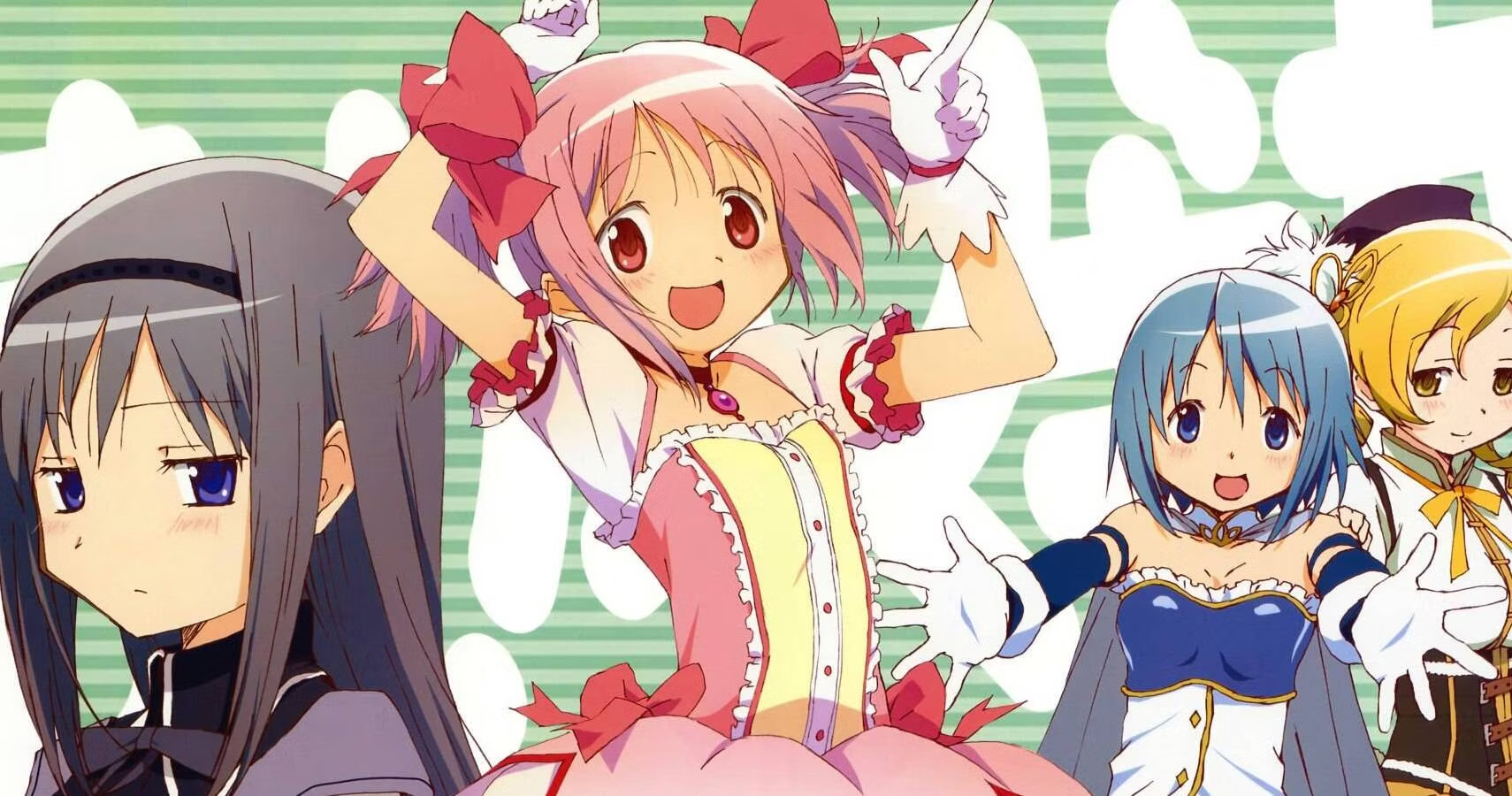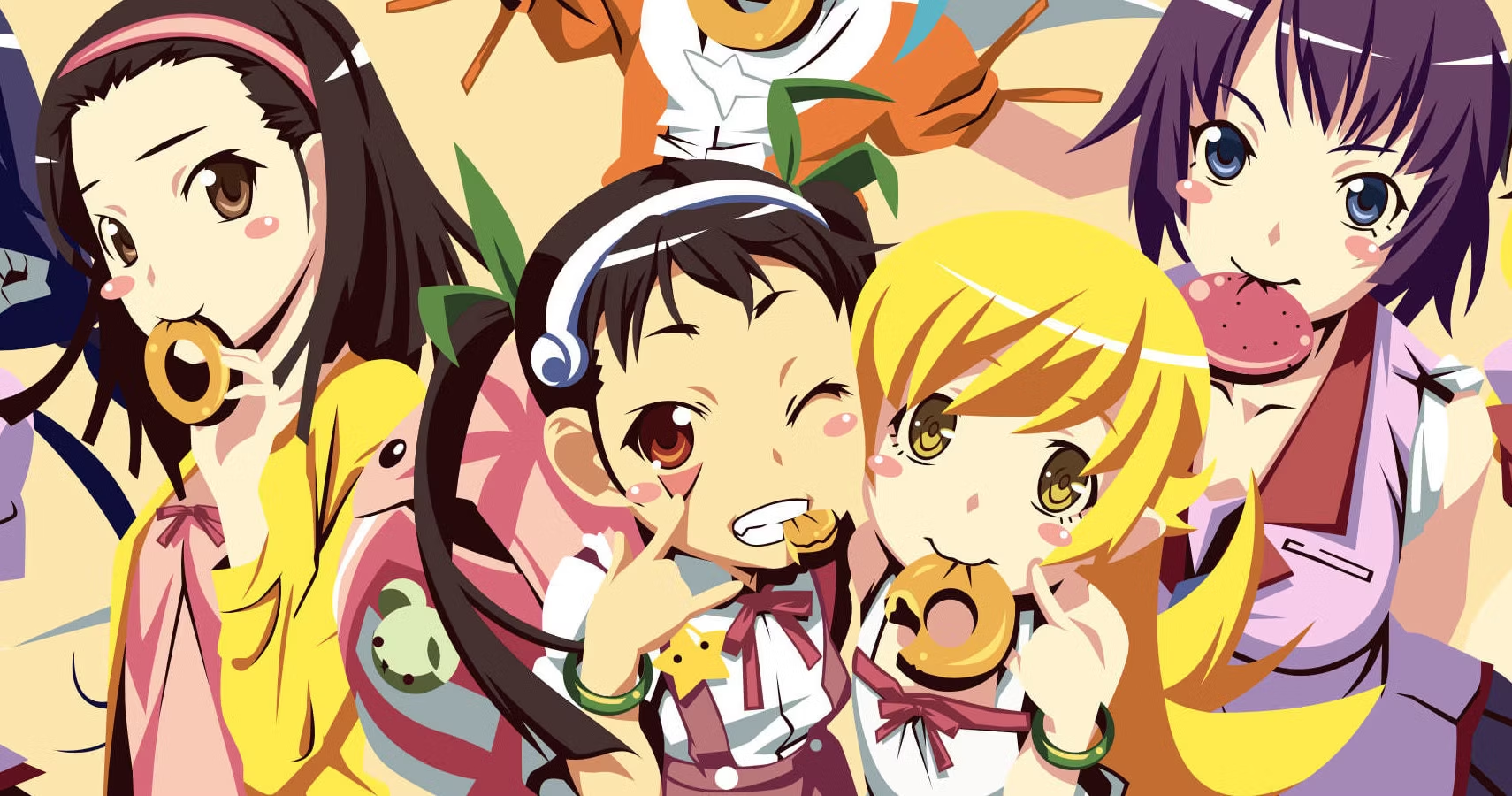The anime industry has long been known for its grueling demands on animators and production staff, and recent revelations from star animator Hiroto Negata shed light on the harsh realities faced by those working in the field. Negata’s candid confession on social media, although since deleted, provides a stark sneak peak into the detrimental effects of Studio Shaft’s working environment on mental health and well-being.
In a series of heartfelt letters to followers, Negata recounted the toll that working at Studio Shaft has taken on their mental and emotional health. The animator described feeling pressured and threatened by production staff, who allegedly warned of industry elimination if demands were not met. Such distressing circumstances left Negata in tears, grappling with a suffocating sense of dread and anxiety.
Animator Speaks Out Against Studio Shaft’s Harsh Working Conditions

Negata’s vivid descriptions of their struggles paint a poignant picture of the mental and physical toll of overwork and stress in the anime industry. The artist revealed experiencing vivid nightmares and physical symptoms, such as difficulty breathing and heart palpitations, directly attributed to the unbearable work conditions at Studio Shaft.
It is worth noting that Negata is no stranger to the industry, boasting an impressive portfolio that includes notable titles such as Fate/Extra, Magia Record, March Comes in Like a Lion, and various entries in the Monogatari series.
Hiroto Nagata – Studio Shaft's Ace animator talks about horrible working conditions at Studio Shaft. pic.twitter.com/RraLIR1OVB
— Anime News And Facts (@AniNewsAndFacts) May 22, 2024
Despite their expertise and talent, Negata’s ordeal underscores the pervasive nature of exploitative practices within certain studios, where even seasoned professionals are not immune to the detrimental effects of overwork and inadequate support.
The outpouring of support and solidarity from the anime community in response to Negata’s revelations highlights a growing awareness and concern for the well-being of industry professionals. As fans become increasingly cognizant of the challenges faced by animators and production staff, there is a renewed emphasis on advocating for better working conditions and fair treatment.

Negata’s courageous decision to speak out against Studio Shaft’s detrimental work environment serves as a catalyst for broader conversations surrounding labor rights and mental health support within the anime industry. It is imperative that studios prioritize the well-being of their employees and implement measures to address systemic issues such as overwork, harassment, and inadequate support systems.
In the wake of Negata’s disclosures, it is hoped that Studio Shaft and other industry stakeholders will take proactive steps to address the underlying issues contributing to animator burnout and mental health struggles. By fostering a culture of respect, support, and compassion, the anime industry can create a more sustainable and equitable environment for all its talented creators and contributors.




